Embracing CI/CD and DevOps culture
Without proper communication, businesses won’t fully benefit from CI/CD
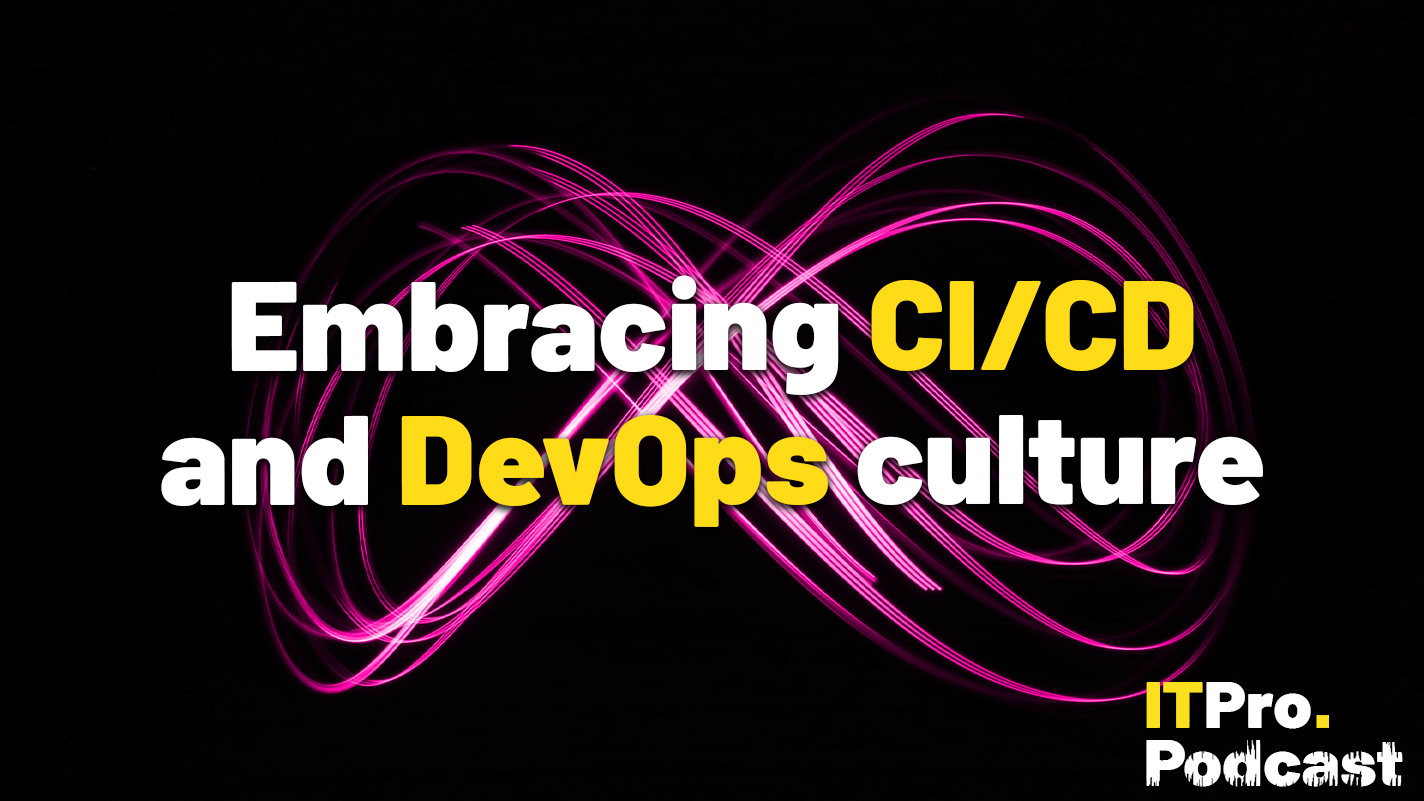

Since the start of the DevOps movement, teams are the most collaborative they’ve ever been. Bringing development and operations teams together and automating code commit work has a number of advantages when it comes to growing your business.
Practices such as continuous integration, development, and deployment of software have enabled teams to move at pace and scale, but this is as much a cultural shift as it is a technical one.
CI/CD isn’t a silver bullet for productivity or error-free code - managers have to carefully assess and oversee operations for the best results, and good team communication is necessary.
In this episode, Rory is joined by Dylan Etkin, CEO and co-founder of software development firm Sleuth to explore the benefits of CI/CD and how businesses can avoid the pitfalls of adopting the framework.
Highlights
“When Continuous Delivery became a thing, a lot of folks assumed that it was going to be more dangerous. They assumed, “Oh, gosh, we're moving so quickly, we're not going to know what's going on, we're not going to get that sense of satisfaction because we're shipping all these little things and that's not very satisfying”. That we were going to create more incidents. And all of those assumptions were exactly wrong.”
RELATED RESOURCE
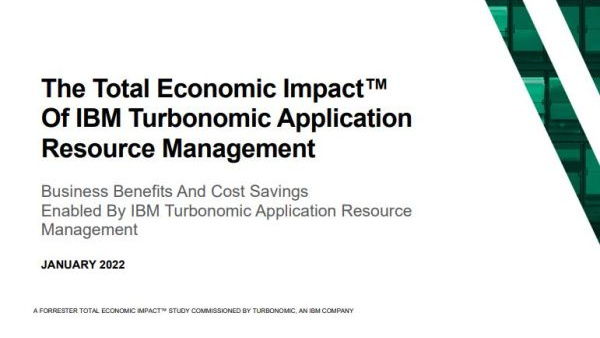
Embracing CI/CD and DevOps culture
Discover how five IBM customers used Turbonomic Application Resource Management to optimize key application resourcing levels
“It's cultural. It's about the lines of communication that you have in place. It's about the tooling, but it's and then it's also about measuring and giving people visibility into this new speed that you've suddenly found. And if you don't take into account those other aspects, the transition will fail. I have seen that happen.”
“If we zoom it all the way back, you are transforming your organization into an organization of continuous learning. And that is the most powerful thing, right? That is something that isn't just code-related, that isn't just about shipping software. That's about the way you approach your business. And that is that can be huge and transformative if people lean in.”
Get the ITPro daily newsletter
Sign up today and you will receive a free copy of our Future Focus 2025 report - the leading guidance on AI, cybersecurity and other IT challenges as per 700+ senior executives
Footnotes
- What is continuous integration?
- What is DevOps?
- How to become a DevOps engineer
- Atlassian’s new cloud offering addresses enterprises’ core needs
- What is agile development?
- IT Pro Panel: Defining DevOps
Subscribe
- Subscribe to The IT Pro Podcast on Apple Podcasts
- Subscribe to The IT Pro Podcast on Google Podcasts
- Subscribe to The IT Pro Podcast on Spotify
- Subscribe to the IT Pro newsletter
- Subscribe to IT Pro 20/20

Rory Bathgate is Features and Multimedia Editor at ITPro, overseeing all in-depth content and case studies. He can also be found co-hosting the ITPro Podcast with Jane McCallion, swapping a keyboard for a microphone to discuss the latest learnings with thought leaders from across the tech sector.
In his free time, Rory enjoys photography, video editing, and good science fiction. After graduating from the University of Kent with a BA in English and American Literature, Rory undertook an MA in Eighteenth-Century Studies at King’s College London. He joined ITPro in 2022 as a graduate, following four years in student journalism. You can contact Rory at rory.bathgate@futurenet.com or on LinkedIn.
-
 Bigger salaries, more burnout: Is the CISO role in crisis?
Bigger salaries, more burnout: Is the CISO role in crisis?In-depth CISOs are more stressed than ever before – but why is this and what can be done?
By Kate O'Flaherty Published
-
 Cheap cyber crime kits can be bought on the dark web for less than $25
Cheap cyber crime kits can be bought on the dark web for less than $25News Research from NordVPN shows phishing kits are now widely available on the dark web and via messaging apps like Telegram, and are often selling for less than $25.
By Emma Woollacott Published
-
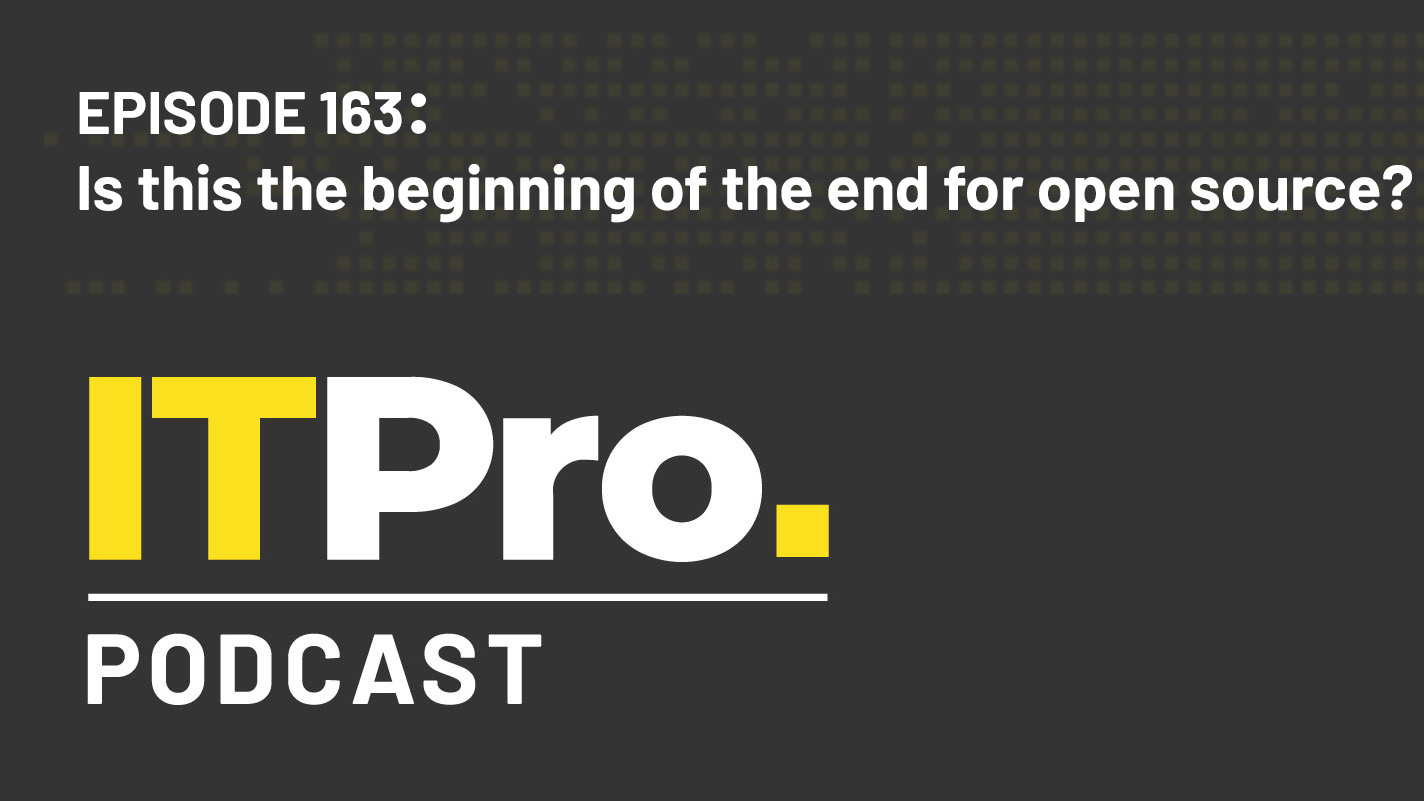 The IT Pro Podcast: Is this the beginning of the end for open source?
The IT Pro Podcast: Is this the beginning of the end for open source?ITPro Podcast There’s positive momentum in the open source community, but key players are questioning its longevity
By IT Pro Published
-
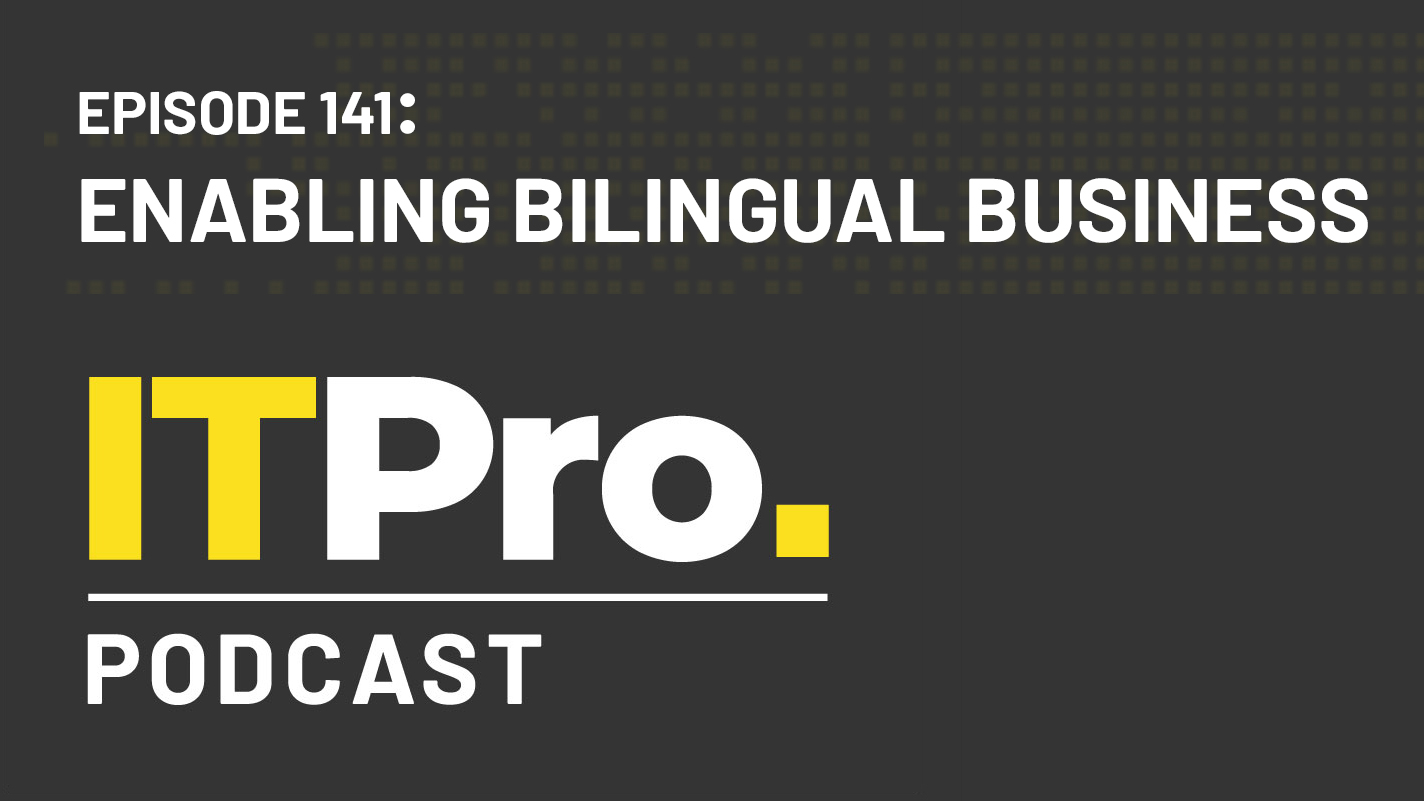 The IT Pro Podcast: Enabling bilingual business
The IT Pro Podcast: Enabling bilingual businessIT Pro Podcast How Wales is using digital tech to deliver a greater choice of languages
By IT Pro Published
-
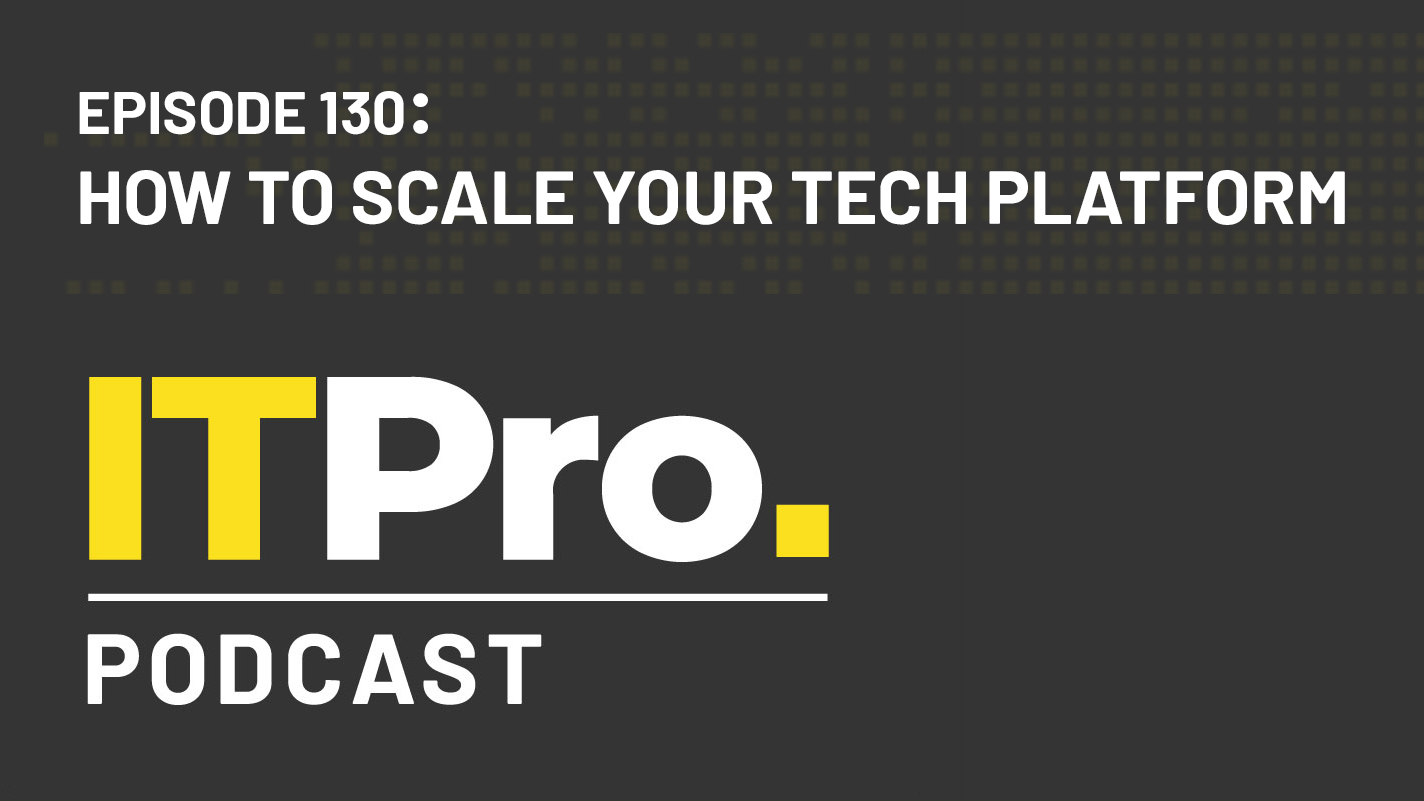 The IT Pro Podcast: How to scale your tech platform
The IT Pro Podcast: How to scale your tech platformIT Pro Podcast For startups, building a platform is only half the battle - after that, you’ve got to grow it
By IT Pro Published
-
 The IT Pro Podcast: Do degrees make better developers?
The IT Pro Podcast: Do degrees make better developers?IT Pro Podcast There are many routes into the tech industry - and higher education may not always be best
By IT Pro Published
-
 The IT Pro Podcast: Stamping out scope creep
The IT Pro Podcast: Stamping out scope creepIT Pro Podcast Strategies for stopping the spread of this endemic development blight
By IT Pro Published
-
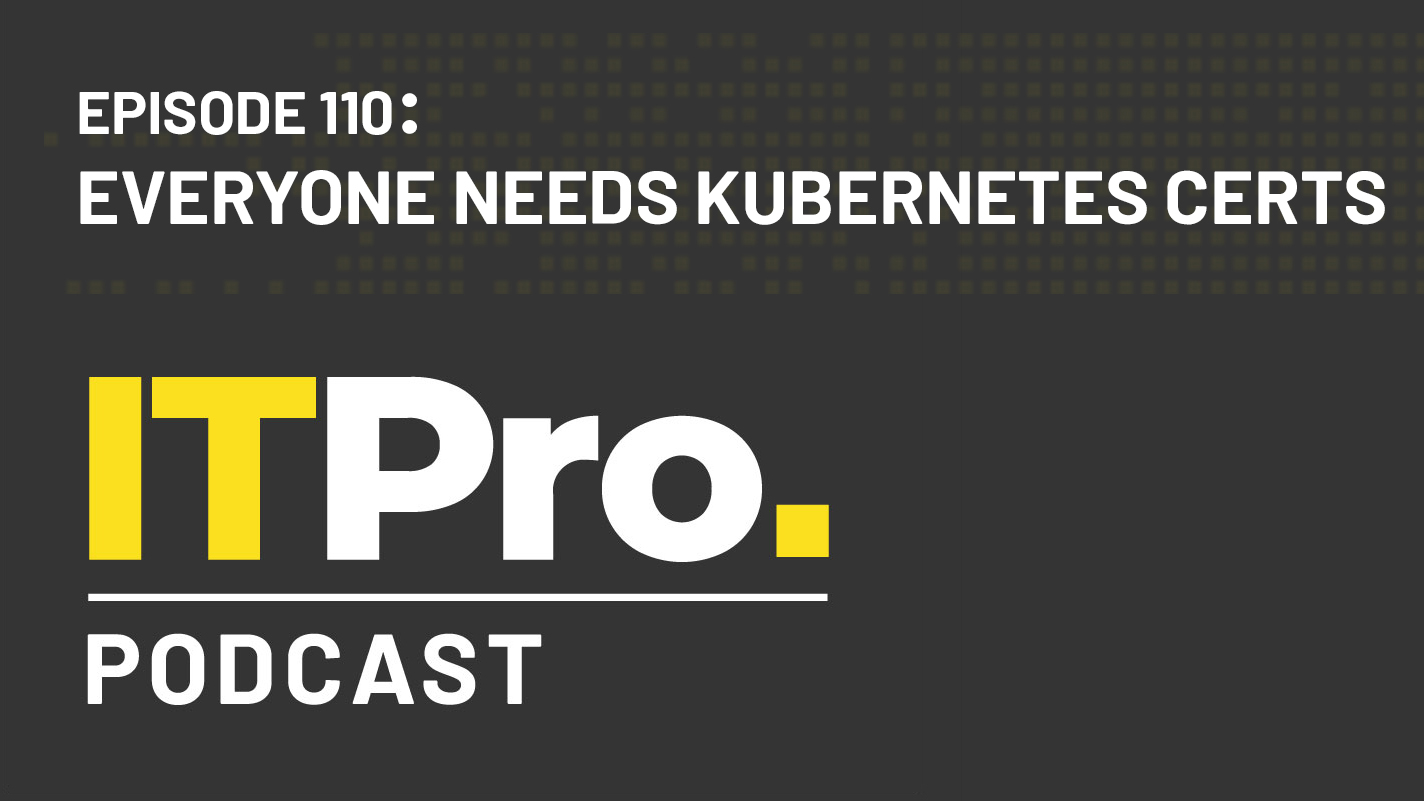 The IT Pro Podcast: Everyone needs Kubernetes certs
The IT Pro Podcast: Everyone needs Kubernetes certsIT Pro Podcast Containerisation skills are now a business imperative
By IT Pro Published
-
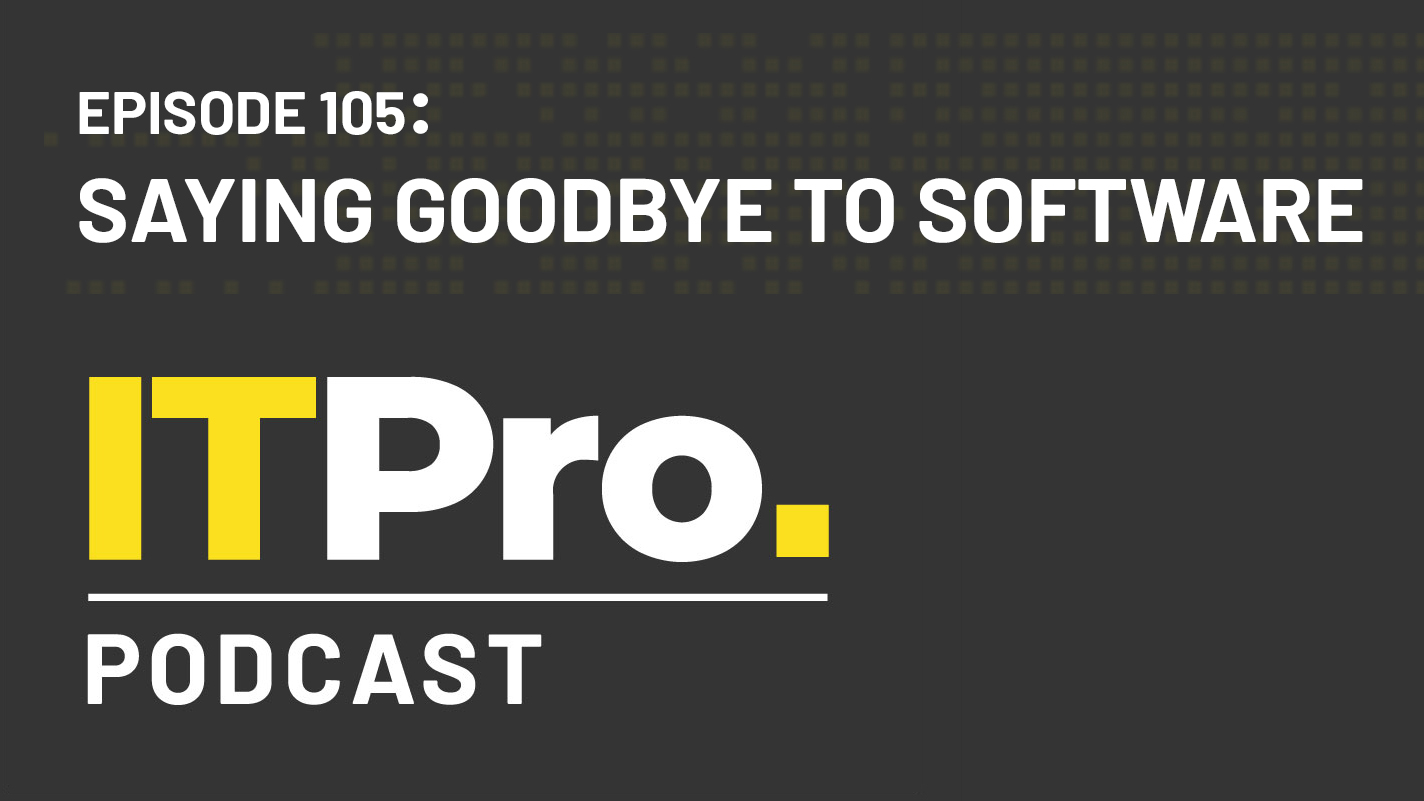 The IT Pro Podcast: Saying goodbye to software
The IT Pro Podcast: Saying goodbye to softwareIT Pro Podcast Why do we find it so hard to let go of our favourite applications?
By IT Pro Published
-
 The IT Pro Podcast BONUS: Windows 11 reactions
The IT Pro Podcast BONUS: Windows 11 reactionsIT Pro Podcast We take a look at the successor to Windows 10
By IT Pro Published